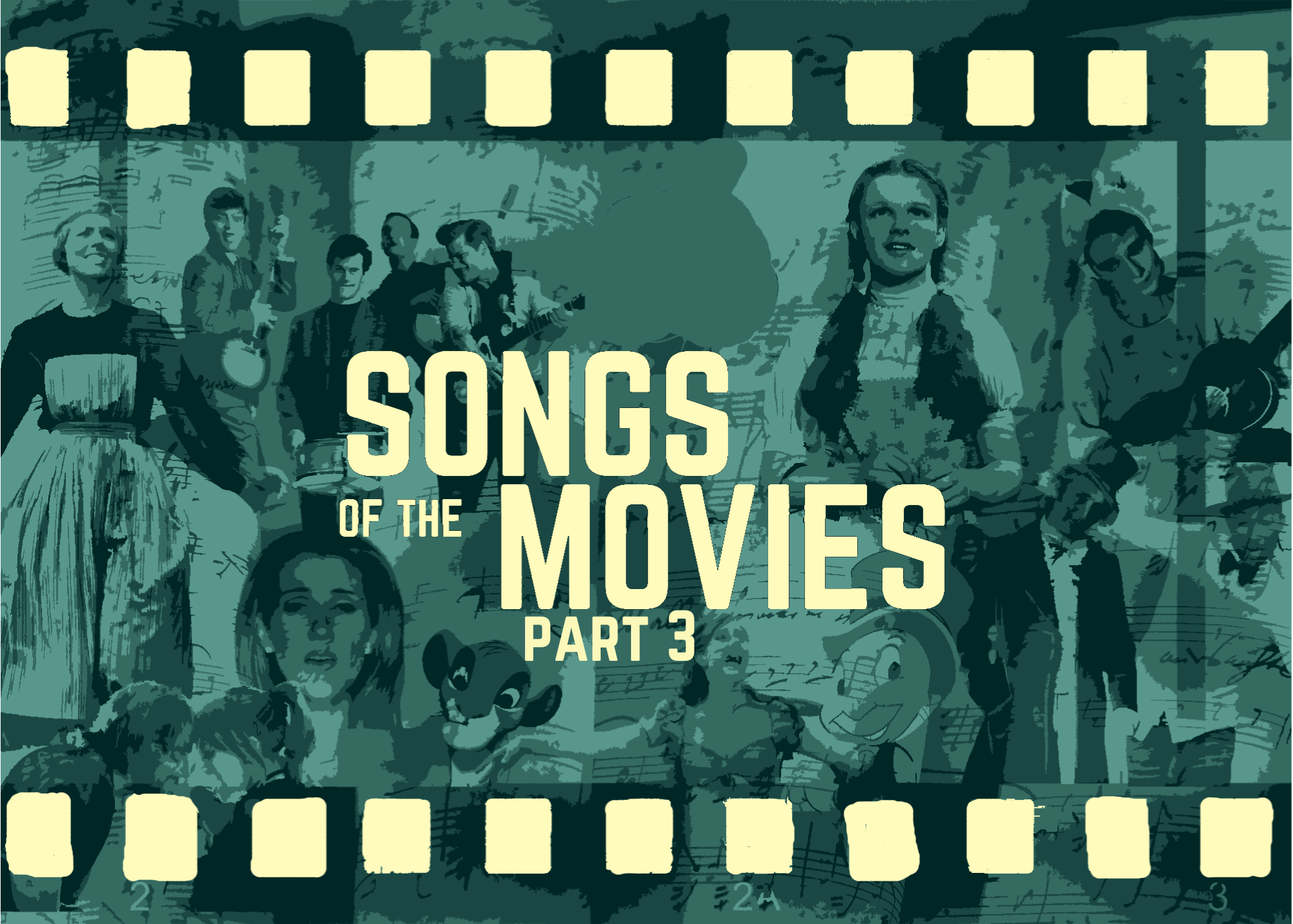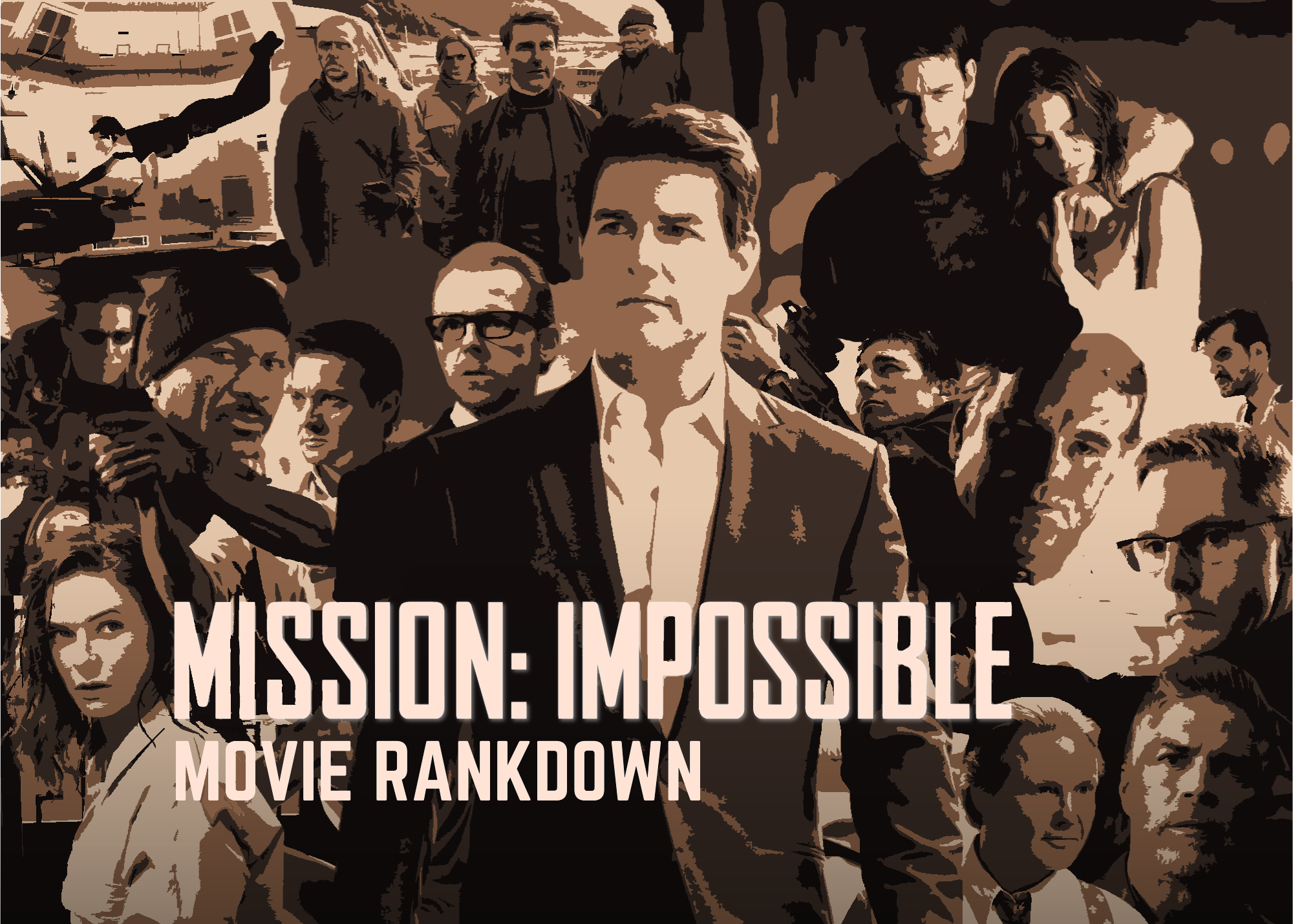"Napoleon" Review: A Piss-Poor PowerPoint Presentation
Ridley Scott's antiquated take on one of history's great generals sinks a promising movie.
ModernOn May 5, 1821, Napoleon Bonaparte, one of history’s most accomplished generals, confined to his bed following months of ill health, died on the island of St. Helena, where he was exiled six years before.
As a society, we’ve been in this position countless times; a leader, someone with a controversial legacy who's made an indelible mark on the world, often leaving a torrent of death and destruction in their wake, dies. We aren’t quite sure how to quantify the feeling left by their passing; a sense of relief, uncertainty, and optimism takes hold, but that emotional cocktail is garnished by a more complex emotion: confusion.
The world gets, as Ridley Scott’s new film Napoleon tells it, “held hostage” by those with the greatest ambition and the power to enact it. We spend so much time consumed by their furor, pondering the course of their ambition or experiencing it directly, that we have little room to process much else. Once they’re dead, there’s that uncertain feeling as we wonder where the world goes. In some ways, that peculiar emptiness better indicates how powerful their vice grip was than what they inflicted on the world, at least to those outside their reach.
As such, a filmmaker’s ambition in portraying such individuals on screen should be capturing the why behind that what, from top to bottom, inside and out. It means giving context to everything: the external, the internal, the scope of ambition, the impossibility of success, and the talent, skill, and numerous psychological nuances that make someone capable of making the impossible possible.
One could argue that Napoleon is too titanic of a historical figure to be done justice in one movie, more in need of a Netflix miniseries to flesh out his magnetism, establish the roots of his rise to power, display his tactical genius, explore his marriage, contextualize early 19th-century Europe, and therefore give a genuinely involved portrait of the man.
Unfortunately, none of this happens. Napoleon's ascent is neither meteoric, a testament to his ceaseless ambition, nor gradual, an ode to the breadth of that ambition. The sole moment of tactical genius, any insight into how one of history’s most revered and studied military minds held the world hostage, occurs at Austerlitz. It is not only a demonstration of a masterful plan, deceiving the enemy into an attack before side-swiping them and forcing them into a deathly retreat, but also a visual exhibit more than a verbal one.
Often, we find such brilliance explained in words, laid out plainly, because directors don’t trust their audience to understand things if only delivered to the eye. Scott is a seasoned battle director; the opening of Gladiator stands as one of Hollywood’s all-time great entries into that crowded collection. He knows how to stage it, the angles from which to present it, how much of Napoleon’s vantage point to give, and how much we need to see from the various perspectives the General could only see in his mind’s eye. As for the rest of his more famous battles, they get cut away from before anything happens. At Austerlitz, we see externally what he saw internally, and it’s the one time we understand why this movie even got made in the first place.
All stories live or die on conception: not necessarily the idea itself, but the perspective behind it. If how the storyteller aims to tell their story is conceptually flawed, it cannot succeed. Scott insisted that Napoleon conquered the world to earn the love of Joséphine, his first wife.
Napoleon’s military ambitions came long before he even set eyes on Joséphine, and thus, both historically and thematically, Scott’s vision is flawed. It is the limp view of a man too old for modern views on masculinity, which paint the world’s most influential historical figures in a more nuanced, truthful light. It is unsurprising to learn an 85-year-old man whose protagonists are ordinarily thinly imagined can only view a man’s ambitions through the lens of what’s between a woman’s legs. It is surprising, however, that even having devoted a 157-minute project to that perspective, he gets it wrong.
Napoleon’s relationship with Joséphine is an exercise in mixed characterization, mistaking an act for development. An event isn't earned on principle, and the back-and-forth (literally, the two rework their dynamic in three consecutive scenes) comes off more as a visionless writer trying desperately to nail the relationship between an ambitious man and the alluring woman behind the scenes.
It’s that same scattershot feel that sinks the film as it relays history through a collection of moving slides, refusing to provide context. The revolution gets touched upon once and only long enough to watch Marie Antoinette get her head lopped off three minutes into the movie. Napoleon’s personality, charismatic and open-minded in his early days but egomaniacal and unrelenting by the decisive Battle of Waterloo, goes untouched. David Scarpa writes him as entirely one-dimensional and typical in presentation.
Film has made us familiar with the conqueror or warrior whose only trait is stoicism, as though no writer can comprehend that simply because someone’s ambitions come at a tremendous cost, that doesn’t mean that individual lacks magnetism. Such vitality is how they rally so many to their cause and retain their loyalties: overlooking it because Hollywood believes that stoicism definitively has depth simmering beneath its icy surface damages the movie.
Alas, if one is to commit, then do so without compromise. No actor was better equipped to carry out these empty ideas of Napoleon than Joaquin Phoenix, who has built an entire career on one-dimensionality, narrowing his focus on one personality trait and then amplifying it to feign substance (look no further than his asinine showing in another Scott flick, Gladiator).
Unfortunately, Napoleon exposes him. The General is only ever impassive, projecting his willful envisioning of reality onto everyone around him. Napoleon’s early ability to reason is absent; the journey that gave way to his eventual megalomania is a quick-fire experience. Phoenix lacks the talent to deliver a nuanced portrayal, but Scarpa’s uninspired screenplay and Scott’s archaic perspective on Napoleon didn’t help.
By reducing him to a garden-variety stoic influenced primarily by his love for a woman, we receive many scenes that have no place in the bigger picture of Scott and Scarpa’s “vision.” Marie Antoinette’s execution opens the film, and as a man holds her severed head before the roaring crowd, we see a silent Napoleon observing the scene before the film cuts. His return from his first exile in Elba features a triumphant march to Paris, where he intends to reclaim his glory. The 5th regiment impedes his path, having sworn allegiance to the restored Bourbon King Louis XVIII, but all it takes is a quick Napoleonic word to have them take up arms with him again.
One cannot tell Napoleon's without the Revolution; historians disagree on how much Napoleon’s actions were about furthering his own glory vs. acting in France’s best interests. Regardless of whether one envisions him as an egomaniacal opportunist exploiting a divided nation or a matter-of-fact military mind furthering his country’s future, the Revolution matters. We need insight into what opportunity there was or why he felt desperate to conquer the world in the name of France.
In fact, the story of anyone cannot be told without addressing many things, too many for an entire film, which is why biopics often fail. Yes, the loose dialogue, never concise enough to make the conversations feel purposeful, doesn’t help, but the genre invites complications. Thus, Napoleon’s failures were somewhat inevitable, but we’ve also seen time and again that Scott thrives on one-dimensional protagonists given compelling stories that cater to their sole dimension. It’s no surprise that in the face of all Napoleon was, Scott opted to forgo the challenge; that refusal to dig deeper makes the impending director’s cut pointless. If the approach is flawed, no amount of footage will help; in fact, more will likely make it worse.
Where Oliver Stone’s Alexander, another misguided historical epic detailing the life of a conqueror, felt more like a history documentary than a movie, Napoleon feels more like a PowerPoint presentation than a movie, one where the student, popular and thus preoccupied with social “obligations” instead of schoolwork, did a few quick Google Image searches, pulled a couple of bullet points off a Wikipedia article, and reads off a slide before quickly moving onto the next. In those scenarios, the teacher gives the project, at best, a C, so why shouldn’t we?
After all, those presentations rely on the other students, the presenter’s audience, hoping their foreknowledge will carry the weight they can’t be bothered to lift. The film stages Waterloo as though every viewer will understand its significance, and while it’s fair to rely on a foundational knowledge of history, movies are for an audience; Napoleon doesn’t do enough to earn that moment… or any moment.
If Napoleon’s ineptitude is reducible to one cause, it’s that if your movie moves from slide to slide, covering the bullet points and hoping the viewers do all the work, you didn’t try. If you won’t make an effort, why should we?
They hired the writer behind the remake of Day the Earth Stood Still and allowed an 85-year-old straight-laced artist to define the legacy of one of history’s most complex, fascinating figures. As such, this was inevitable.
Still, one can't excuse fault with inevitability. Napoleon had the ingredients to be an Austerlitz but instead became a Waterloo. If we could exile Scott and Scarpa for that defeat, we would. Alas, we cannot, so we’ll cast this movie into memory and hope that, one day, Hollywood will do Napoleon the cinematic justice he deserves.
.png)
30
Director - Ridley Scott
Studio - Apple Original Films
Runtime - 157 minutes
Release Date - November 22, 2023
Cast:
Joaquin Phoenix - Napoleon Bonaparte
Vanessa Kirby - Empress Joséphine
Édouard Philipponnat - Czar Alexander I of Russia
Rupert Everett - Arthur Wellesley, Duke of Wellington
Ben Miles - Caulaincourt
Matthew Needham - Lucien Bonaparte
Paul Rhys - Talleyrand
Editor - Sam Restive, Claire Simpson
Screenplay - David Scarpa
Cinematography - Dariusz Wolski
Score - Martin Phipps

%20(13%20x%206%20in)%20(13%20x%204%20in).png)





































.png)






.png)